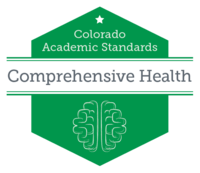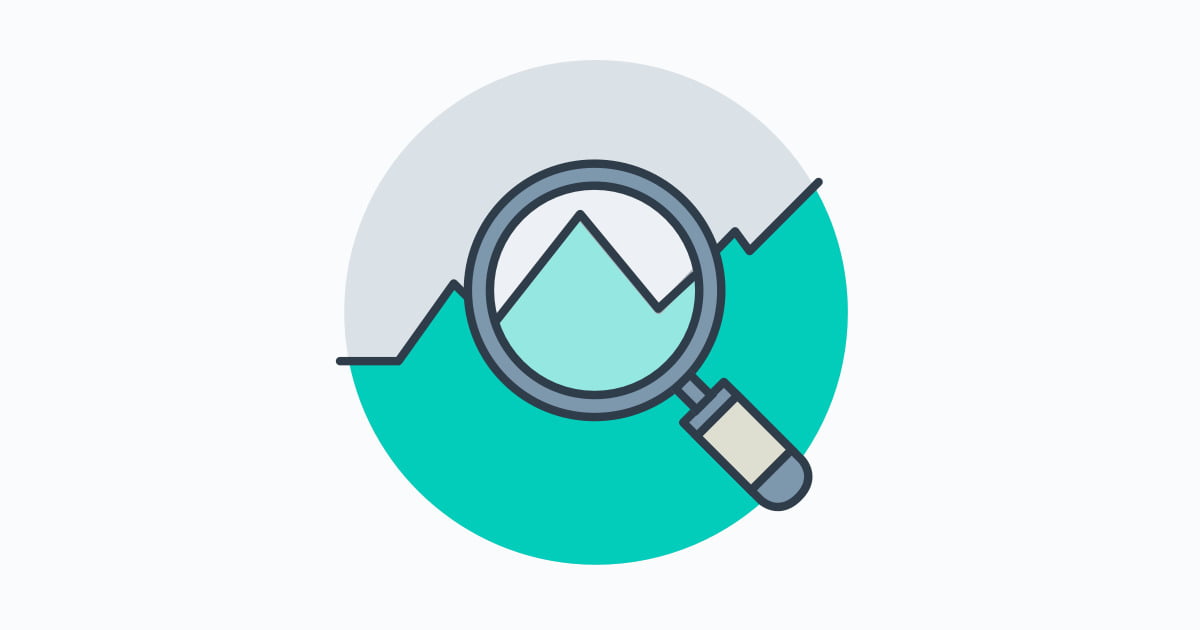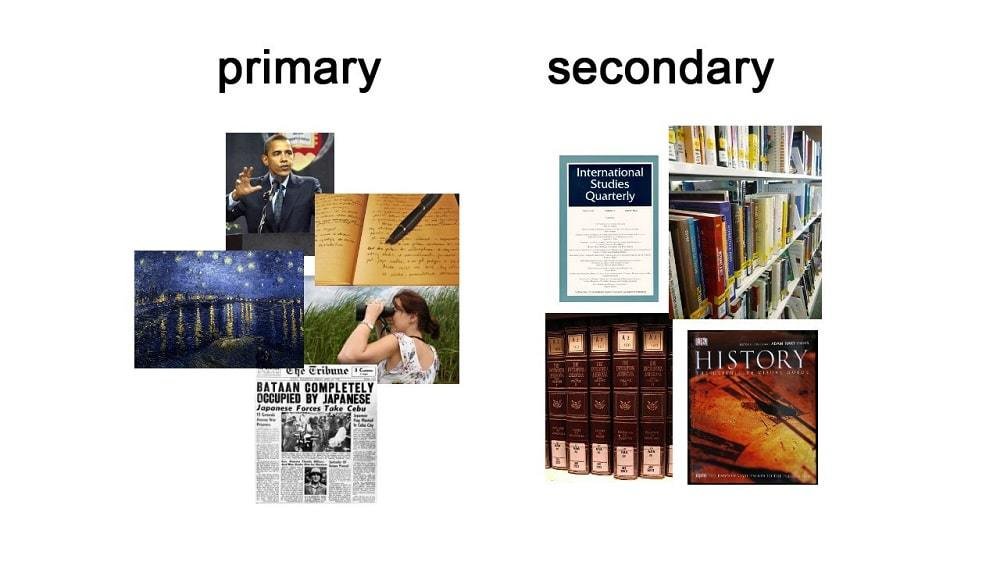Esquema de tópicos/temas
-
Welcome!
The modules in this course collectively create a comprehensive course to support educators teaching health education. The goal of health education is for students to gain knowledge and become proficient in skills that will help them adopt and maintain healthy lives.
These modules will equip educators to develop skills around implementing high impact teaching strategies and effective health education practices. Each of the course modules below focuses on one important aspect of health education. The modules are set up to be viewed sequentially; however, they are self-contained, meaning there is flexibility to review the modules individually at your leisure. Information on receiving a certificate for hours completion of the modules can be found in the "Course Contact Hours Certificate of Completion" module. Modules have been created by Colorado health educators with support from the Colorado Education Initiative, and funding from the Colorado Health Foundation. If you have questions or feedback regarding the course or modules feel free to contact hurley_j@cde.state.co.
-
 In this course you will find learning modules focusing on the
In this course you will find learning modules focusing on the
following areas of health education:- Introduction
- What's New in Health Education
- Best Practices Health Education
- Colorado 2020 Standards and Policies
- Whole School, Whole Community, Whole Child Approach
- Using Data in Health Education
- Teaching Health Skills
- Answering Difficult Questions
- Health Education Integration
- Culturally Responsive Practices & Achieving Instructional Equity
- Making Lectures Come Alive
- Strategies for Brainstorming
- Effective Collaborative Student Teams
- Role Play / Behavioral Rehearsal
- Case Studies
- Document Based Questioning Using Primary Sources
- Student Centered Teaching Approaches
- Assessment Development
- Course Contact Hours Certificate of Completion
If you have questions, feel free to reach out to Jamie Hurley, Health and Physical Education Principal Consultant at the Colorado Department of Education at hurley_j@cde.state.co.us
Páginas: 2-
This two Centers for Disease Control videos provide an overview brief overview of the importance of health education as well as a short video on the key practices in health education that will be explored throughout the course.
-
Health Advocate and 2017 SHAPE America National Health Teacher of the Year, Andy Milne shares his ideas on how health education has changed over the years. He encourages the teaching of life skills and advocacy to help younger generations make smart choices and live healthy lives.
-
In the module you will find new resources developed for health education.Página: 1 URL: 1
-
In this module you will have an opportunity to explore best practices in health education.
Key Outcomes:
- Identify they key characteristics of effective health education curriculum.
- Determine "not so effective practices" commonly seen in health education.
- Identify characteristics that can be used to inform your health education courses of curriculum.
Lección: 1 Páginas: 2 URLs: 3 Archivos: 3 -
This module provides an overview of the 2020 Colorado Comprehensive Health Education Standards. It also provides a high level overview comparing the 2009 to the revised 2020 standards. This section also provides a link to Colorado policies that support health education.
Key Outcomes:
- Explore the standards revision process leading the the 2020 standards.
- Identify they key revision to the 2009 standards.
- Identify the unique characteristics of the 2020 standards.
Páginas: 2 URL: 1 -
 In this module we will explore how health education fits into the Whole School, Whole Community Whole Child Approach (WSCC) model.
In this module we will explore how health education fits into the Whole School, Whole Community Whole Child Approach (WSCC) model.Key outcomes:
1. Identify how health education fits into the WSCC model.
2. Identify how the WSCC model support a schoolwide approach to health education.
3. Identify how the WSCC components areas can support health education in your school.Páginas: 2 -
 This module will explore how various forms of quantitative and qualitative data can be used to guide health education curriculum and lessons. The module will also provide examples of how health data can be used in classroom instruction.
This module will explore how various forms of quantitative and qualitative data can be used to guide health education curriculum and lessons. The module will also provide examples of how health data can be used in classroom instruction. Module Outcomes:
- Access various data points to inform health education
- Use three key questions to inform curriculum decisions using data
- Identify ways to use data in the health education classroom
Páginas: 2 -
This module is foundational to teaching skills-based health education. As a participant or reviewer of this module, we highly recommend you do the progression of activities in order before moving on to the next set of modules. Each sub category in this module has its' own set of processing questions or an activity as a result of its' importance.
In this module you will explore key health skills, identify potential models for health skills, examine a skills progression for teaching health skills.Key Outcomes:
- Identify key health skills based on the National Health Education Standards.
- Use a basic teaching skills progression framework to explore how to teach key health skills.
Páginas: 3 Contenido Interactivo: 2 Libro: 1 -
This module will explore how to answer difficult questions in health education. It is not possible, or even desirable to provide value-free education. However, as a teacher, your goal is to distinguish between:
- Relatively UNIVERSAL values: shared by most families, or specifically written into law or policy, which the teacher is, in fact, expected to teach), and
- PERSONAL Values : those the community is not in agreement on, and which the teacher should think carefully about before expressing their personal opinion or belief).
Key Outcomes:
1. Consider using an activity to build empathy within the classroom.
2. Use of a protocol to support the teacher in answering a variety of fact-based, universal or personal questions in the classroom.Páginas: 5 Lección: 1 -
This module will explore strategies to integrate health education across
include integration of health content (knowledge)content and skills across content areas (knowledge and skills), health skills across content areas, and integration of skills through a schoolwide Whole School, Whole Community Whole Child approach. You will find a PP that provides examples of each of these approaches as well as several grade level examples of standards content and skills alignment.
multiple content areas. In the module we will identify approaches thatPágina: 1 -
The goal of Instructional Equity is to reduce and even eliminate opportunity and achievement gaps for all students. This can be achieved by implementing Culturally Responsive Practices throughout your instruction and learning experiences.
Key Outcomes:
- Grow your understanding of Instructional Equity, Culturally Responsive Practices, Mindsets, Universal Design for Learning, and Cognitively-Demanding Instruction
- Identify your own implicit biases and explore how they have an impact on your classroom
- Select and design a unit of study by integrating your new knowledge
- Deliver your redesigned unit of study
- Reflect upon and refine your redesigned unit of study
Libros: 4 Página: 1 -
 The old way of teaching students through lecture, where students just sit and listen--is
The old way of teaching students through lecture, where students just sit and listen--is
an efficient way of delivering information. What we want to do is combine the efficiency of learning through lecture with some techniques to promote maximum learning. This book module provides general teaching strategies, to engage students before the lecture, during the lecture, after the lecture, getting students moving and talking and several other areas to consider when trying solidify a student’s learning.Key Outcomes:
- Identify opportunities to use engaging teaching strategies in teaching.
- Create a plan for using engaging instructional strategies.
Libro: 1 Wiki: 1 Página: 1 -
 This module describes various ways to engage students in brainstorming. These processes are more in depth than those identified in the book on making lectures come alive.
This module describes various ways to engage students in brainstorming. These processes are more in depth than those identified in the book on making lectures come alive.Key Outcomes:
- Identify strategies to support student collaboration and brainstorming.
Libro: 1 Wiki: 1 Página: 1 -
 This
module book provides an opportunity to explore how to create, mange and build student skills for effective collaborative student teams.
This
module book provides an opportunity to explore how to create, mange and build student skills for effective collaborative student teams. 1. Identify how to manage collaborative teams.
2. Identify ways to create effective high functioning teams.Libro: 1 Página: 1 -
 These lessons will allow you to explore effective role play / behavioral rehearsal. During this module you will examine how to create a classroom environment to support role play. Examine various types of role plays and effective strategies to use role play in the classroom.
These lessons will allow you to explore effective role play / behavioral rehearsal. During this module you will examine how to create a classroom environment to support role play. Examine various types of role plays and effective strategies to use role play in the classroom. Key Outcomes:
- Use effective role play strategies.
- Identify how role plays can be used to improve student practice of key health skills.
Lección: 1 Páginas: 5 Archivos: 3 Wiki: 1 -
Case studies have been used in business, law, and medical schools as teaching tools for many years. Case studies are a form of problem-based learning and are accessible across every age group, both in subject specific and interdisciplinary work. Case studies are stories that are used as a teaching tool to show the application of a theory or concept to real situation. Dependent on the goal they are meant to fulfill, cases can range from fact-driven and deductive where there is a correct answer, to a context driven case where multiple solutions are possible.
Key Outcomes:
- Explore how case studies can be used to build health knowledge and skills.
Lección: 1 Página: 1 -
Educators have long recognized the value of actively engaging students in the role of historian. Document-
 based education can provide students with the chance to get ”inside” of history, and evaluate the diverse perspectives of primary and secondary sources. It’s an opportunity to engage and motivate students and teachers in a collaborative setting.
based education can provide students with the chance to get ”inside” of history, and evaluate the diverse perspectives of primary and secondary sources. It’s an opportunity to engage and motivate students and teachers in a collaborative setting. Key Outcomes:
1. Identify how examination of primary and secondary resources can be used to explore health education topics.
2. Identify resources and documents to engage students in examining primary and secondary in health education.
Libro: 1 Página: 1 -
This module focuses on student centered teaching approaches. The module will examine best practices in problem/project based learning (PBL). Examples of PBL are
 identified for elementary, middle, and high school. A process for inquiry based learning approach for health and physical education are also examined.
identified for elementary, middle, and high school. A process for inquiry based learning approach for health and physical education are also examined.Key Outcomes:
1. Identify the gold standards for problem/project based learning.
2. Identify specific student centered learning approaches for classroom use.Páginas: 8 -
This module will explore how to create performance assessments and other forms of assessment for health education. A assessment framework will be shared as well
 as an assessment toolkit for creating performance assessments. Páginas: 5
as an assessment toolkit for creating performance assessments. Páginas: 5 -
This module provide the process for submitting documentation for a certificate for professional development contact hours for the course. By reviewing the course modules and completing the processing guides you can receive up to 12 contact hours.
Página: 1 Tareas: 4 -
URL: 1